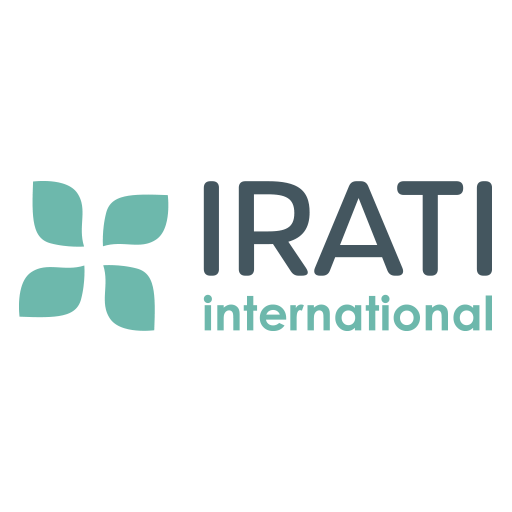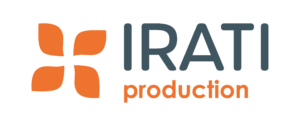
In recent years, demand for food supplements has surged. Consumers increasingly seek natural ways to support their health. To ensure safety and quality, authorities worldwide have introduced strict regulations. These rules also guarantee accurate and transparent communication about the products.

WHAT ARE DIETARY SUPPLEMENTS?
A food supplement is a product designed to complete the normal diet. It contains plants, nutrients, or other substances with nutritional or physiological benefits. Food supplements come in many forms: gummies, capsules, tablets, powders, or liquids. They do not replace regular food but provide specific nutrients. Supplements are not medicines, though their formats may look similar. They are intended for healthy individuals and do not replace medical treatment.

UPDATE ON FOOD SUPPLEMENT REGULATIONS
Food supplement regulations differ by country but share common principles:
Safety: Manufacturers assess ingredient risks and follow good manufacturing practices to ensure safe products.
Quality control: Raw materials are carefully selected. Finished products undergo microbiological testing to guarantee compliance. IRATI holds ISO 22000 certification, proving its expertise in formulation and production.
Labelling and claims: Labels must provide complete, truthful information, including ingredients, dosage, and potential allergens. Health claims require scientific proof. Products cannot claim to diagnose, treat, cure, or prevent diseases.
Advertising and marketing: Promotional materials, websites, and brochures must be accurate, evidence-based, and free from misleading claims. Restrictions and precautions must be clearly stated.
Compliance and enforcement: Manufacturers and distributors monitor adverse effects and report issues promptly. Authorities then act to protect consumers.
These principles ensure food supplements are safe, effective, and reliable.


WHO ARE THE REGULATORY BODIES?
Regulatory bodies oversee the production, marketing, and safety of food supplements worldwide. They set and enforce standards to ensure products are safe, high-quality, and accurately labelled.
Key authorities regulate food supplements worldwide:
EFSA (European Union): EFSA advises the European Commission and ensures the safety and quality of supplements under Directive 2002/46/EC.
DGCCRF (France): This agency monitors marketing claims and protects consumers by ensuring product safety in France.
FSA (United Kingdom): Since Brexit, the FSA oversees food supplements to ensure compliance with UK safety and quality standards.
FDA (United States): The FDA regulates dietary supplements under the 1994 DSHEA, enforcing proper manufacturing practices and accurate labelling.
These regulations guarantee that supplements are safe, effective, and clearly presented, helping consumers make informed choices.





Recent Comments